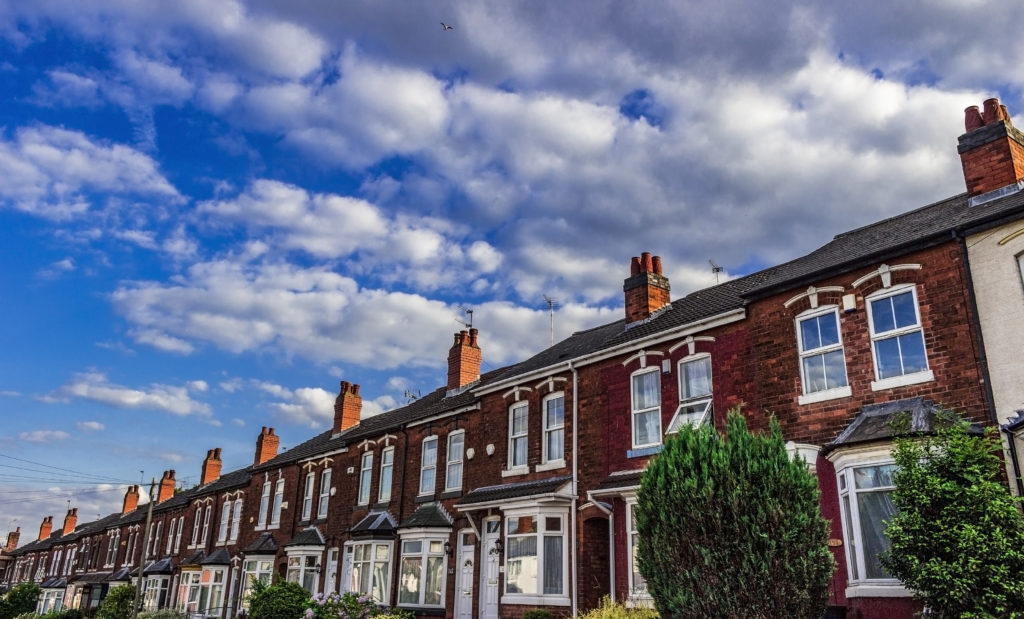
Questions answered: Sarah Forster
Why does ESG matter?
The ESG agenda is the investment industry’s response to shifting public attitudes. Individuals are increasingly wanting their money to be invested into industries and organisations that produce a positive social or environmental outcome.
ESG is about highlighting those industries and areas that, with investment, can produce these outcomes. Channelling finance into projects that deliver a wider benefit to society is a crucial driver of sustainable development.
What impact has ESG reporting had on the UK social housing sector to date?
Since The Good Economy and Sustainability for Housing launched the Sustainability Reporting Standard for Social Housing (SRS) in November 2020, we have welcomed more than 100 adopters. This includes dozens of housing associations as well as lenders and investors to the sector.
The SRS has provided a common framework through which housing associations can demonstrate their ESG credentials. This has meant the sector has become a much more attractive and accessible investment opportunity.
Sustainability-linked finance has become more popular with HAs in the last few years. For instance, according to NatWest, sustainability-linked debt in the sector rose from 85.5% of transactions in 2021 to 100% of deals this year.
What would you say to those HAs that are still skeptical about the value of ESG?
It is understandable that some HAs are hesitant about ESG reporting, especially if they are worried doing so may not yield positive data.
However, we are clear that this should be treated as the starting point of a very long journey to improve your organisation’s ESG work and that it must be started at some point.
Social housing has a very positive ESG story to tell compared to other sectors and the sooner the whole sector gets on board with reporting, the stronger the sector’s voice will be overall.
It is also worth noting that legislative changes are coming in this area so getting a head start will be useful in the long run.
How do you see the relationship between ESG and impact reporting developing in the coming years?
Ultimately, we would like for ESG reporting to eventually lead to wider impact reporting across the sector. Going forward, demonstrating your impact on the communities you operate in will become of a key feature of financial reporting.
So, it is easy to view ESG as a precursor to this more comprehensive form of reporting. With strong ties to the communities they serve, housing associations should view this as an opportunity to demonstrate the excellent work they do.
Sarah Forster, CEO, The Good Economy
Sarah Forster is CEO and Co-Founder of The Good Economy Partnership (TGE), an independent impact advisory firm dedicated to enhancing the role of business and investment in inclusive and sustainable development. Sarah has played a key role facilitating the development of the Sustainability Reporting Standard (SRS) and a common impact framework for affordable housing working together with the social housing and financial sectors.




